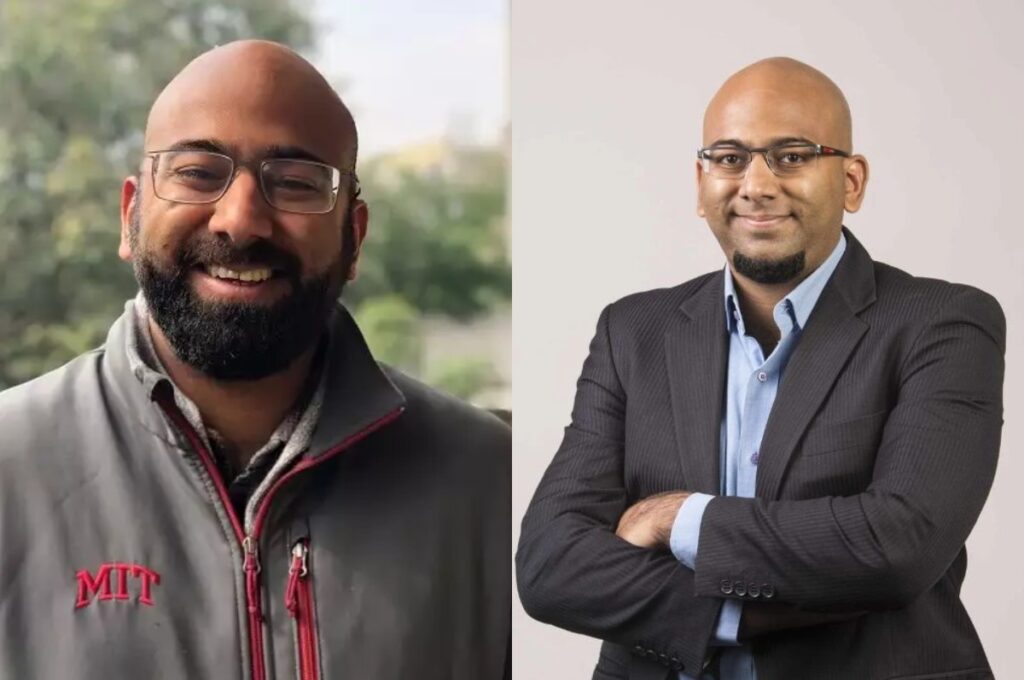In a bold critique of India’s work culture, Shantanu Deshpande, founder and CEO of Bombay Shaving Company, raised concerns about the nation’s deep-rooted labor ethos and wealth inequality. His LinkedIn post has sparked widespread debate, challenging the core values that drive the Indian workforce.

‘99% Wouldn’t Show Up to Work if Financial Security Were Guaranteed’
Deshpande’s comment, “If financial security were guaranteed, 99% won’t show up to work the next day,” has sparked a conversation about what motivates millions of Indians to work relentlessly. Deshpande’s argument centers on the idea that the majority of people in the workforce are driven by necessity rather than passion or fulfillment, as they are financially insecure.
The Wealth Divide: A System of Inequality
Deshpande didn’t hold back when discussing India’s stark wealth inequality. He highlighted that just 2,000 families control 18% of the country’s wealth, yet contribute less than 1.8% of the national tax revenue. “That’s just insane,” he remarked, questioning the morality of a system that allows the majority to struggle while a small group benefits disproportionately. This inequality, Deshpande argues, perpetuates a cycle where hard work does not always lead to fair compensation or success.
Historical Work Culture: A Legacy of Tireless Labor
Deshpande reflected on the historical role of work in society, pointing out that for centuries, labor has been tied to the promise of a paycheck. “For 250+ years, we’ve accepted the norm of working tirelessly from dawn to dusk,” he said. Despite this, he acknowledged that even successful entrepreneurs like himself have perpetuated this narrative, often unknowingly. “We don’t know any other way,” he admitted, suggesting that the culture of hard work is ingrained and difficult to break.
Reactions to Deshpande’s Post: Different Perspectives
The post garnered diverse reactions. Some commenters emphasized that jobs offer more than just financial stability. One person argued that work keeps the mind active, providing structure and purpose beyond money. Another respondent highlighted the importance of jobs in sustaining essential sectors such as education, healthcare, and agriculture, noting that many workers in these fields would continue their work even if financial security were guaranteed.
On the other hand, some questioned the feasibility of providing financial security for the entire population, citing challenges of distribution and the sheer scale of the task. Others delved into philosophical discussions, drawing parallels with themes of struggle and perseverance found in ancient texts like the Ramayana and Mahabharata.
The Future of India’s Work Culture
Deshpande’s bold statements have raised important questions about the future of India’s work culture. The conversation highlights the need for a reevaluation of the relationship between work, wealth, and societal values. As India continues to grow economically, there are calls for greater equity and a more sustainable model that supports workers across all sectors.




Leave a Reply